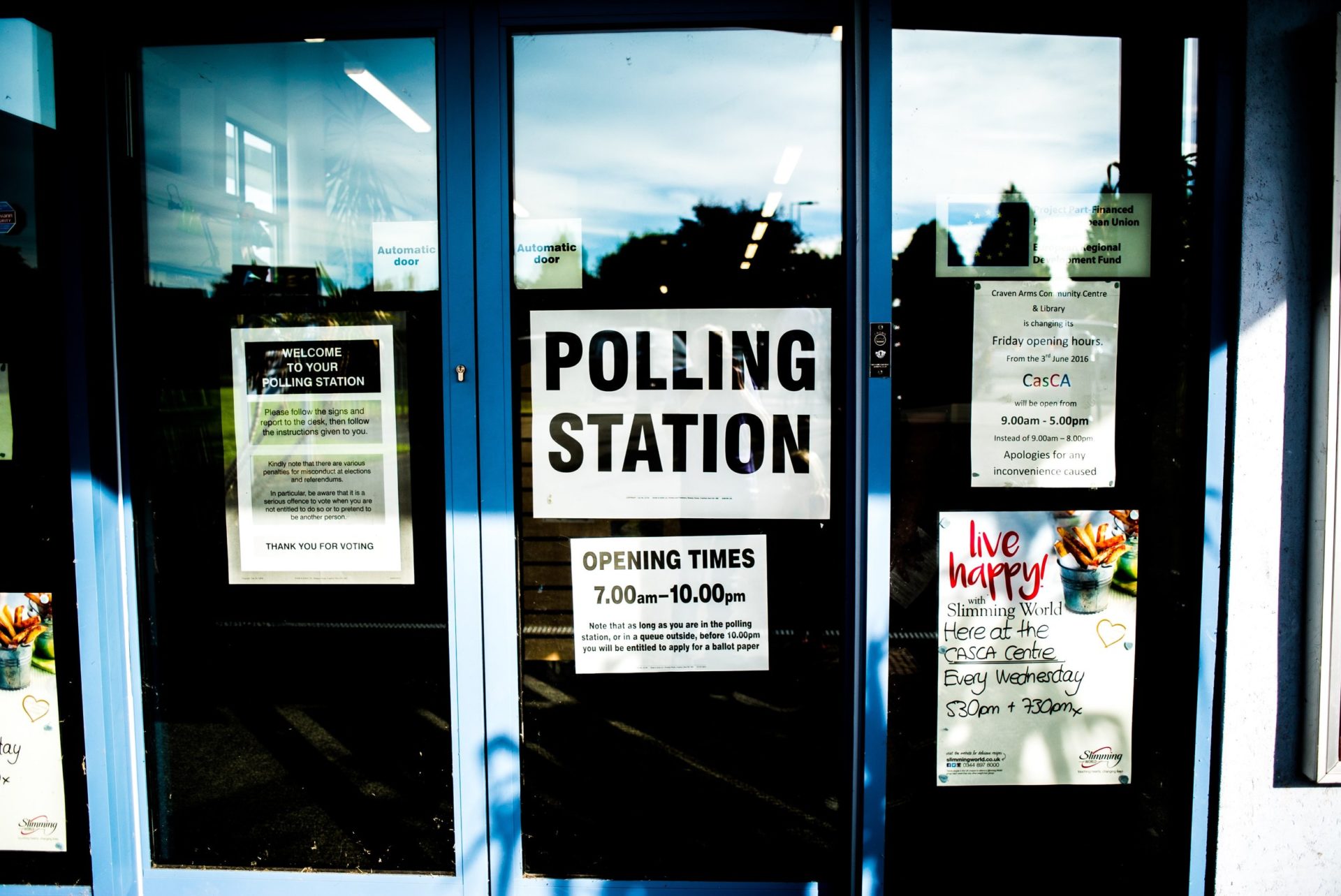
There has been much talk about the problems with the Electoral Count Act (ECA), which can be described, charitably, as full of ambiguities that Trump and his followers seized upon in their failed attempt to overturn the 2020 election. While the vagueness of the ECA can be fixed, to modernize it for our world today – and I’ve heard that several Republicans have publicly stated their desire to work with Democrats to fix them – there is another issue relating to the next presidential election that I fear cannot be fixed by amendments to the ECA alone.
Section 1 of Article II of the U.S. Constitution, which provides for the election of the president, states:
Each State shall appoint, in such Manner as the Legislature thereof may direct, a Number of Electors, equal to the whole Number of Senators and Representatives to which the State may be entitled in the Congress…
I do not consider myself an expert, but to my knowledge, all states have enacted laws that give voters the power to appoint the presidential electors. There is nothing in the Constitution, however, that requires the appointment of presidential electors by voters.
Following the 2020 election, Trump-influenced, Republican-controlled legislatures attempted to reject a Biden win in their states by appointing Trump supporters as presidential electors. They claimed that there was fraud or other irregularities in the election – and we now know that there were fake certifications prepared to do just that. This effort failed, of course, because it would have been contrary to existing state laws, and countless courts found no evidence of fraud or irregularities.
But what if, in advance of the 2024 presidential election, the same Trump-influenced Republican-controlled legislatures – relying on Section 1 of Article II of the U.S. Constitution – were to enact laws that would expressly give them the final decision on the appointment of the presidential electors for their states? (This would be like the Constitution’s original delegation of the responsibility for choosing senators to state legislatures, which was superseded by the 17th Amendment adopted in 1913 to require the election of senators “by the people.”)
Democratic governors and some Republican governors would likely veto proposed legislation that would take away from the people the power to choose presidential electors. But the language of Article II, Section 1, of the Constitution doesn’t say “by law.” It says that the power is delegated to “the Legislature.” Would the usual legislative process even apply? In states with Republican governors who sign on to the legislation, this issue would not arise.
There would, of course, be litigation if state legislatures were to give themselves the power to appoint presidential electors. Challengers to those laws would likely point to the Due Process and Equal Protection clauses of the 14th Amendment, among other provisions. Who knows how that would play out in the courts and how long that process would take. The one thing is certain: the 2024 presidential election could be messy, even worse than 2020 was.
So even if the parties find a way to revise the ECA – addressing its ambiguities and eliminating the ability of a disgruntled, losing candidate to prevent the peaceful transition of power – I fear that because of Article II, Section 1 their goal may be thwarted. A Constitutional amendment may be required. But with today’s polarized political landscape, how likely is that?

Daniel E. Bacine
Daniel E. Bacine has been practicing law in Philadelphia for over 50 years. He has a keen interest in our legal system and the intersection of law and politics.
He is a past chairman of the Jewish Exponent, the local Jewish newspaper, and has held many positions over the years with the Jewish Federation of Greater Philadelphia. He closely follows issues involving Israel, including American foreign policy affecting Israel and the divide in the American Jewish community relating to Israel.
He is also an adjunct professor at both Drexel’s law school and Villanova’s law school, teaching a course in Complex Litigation. Before law school, he spent a year working in the Michigan legislature under a Ford Foundation fellowship.






